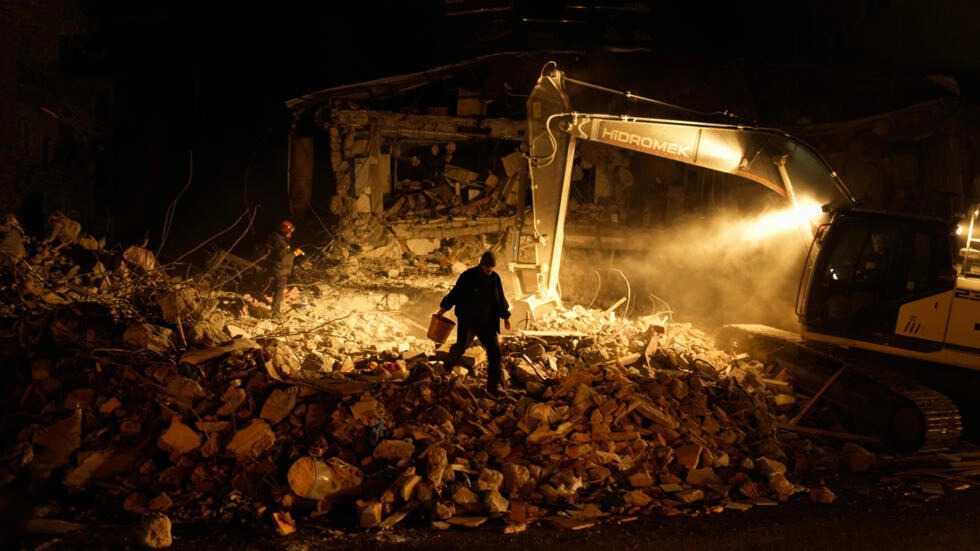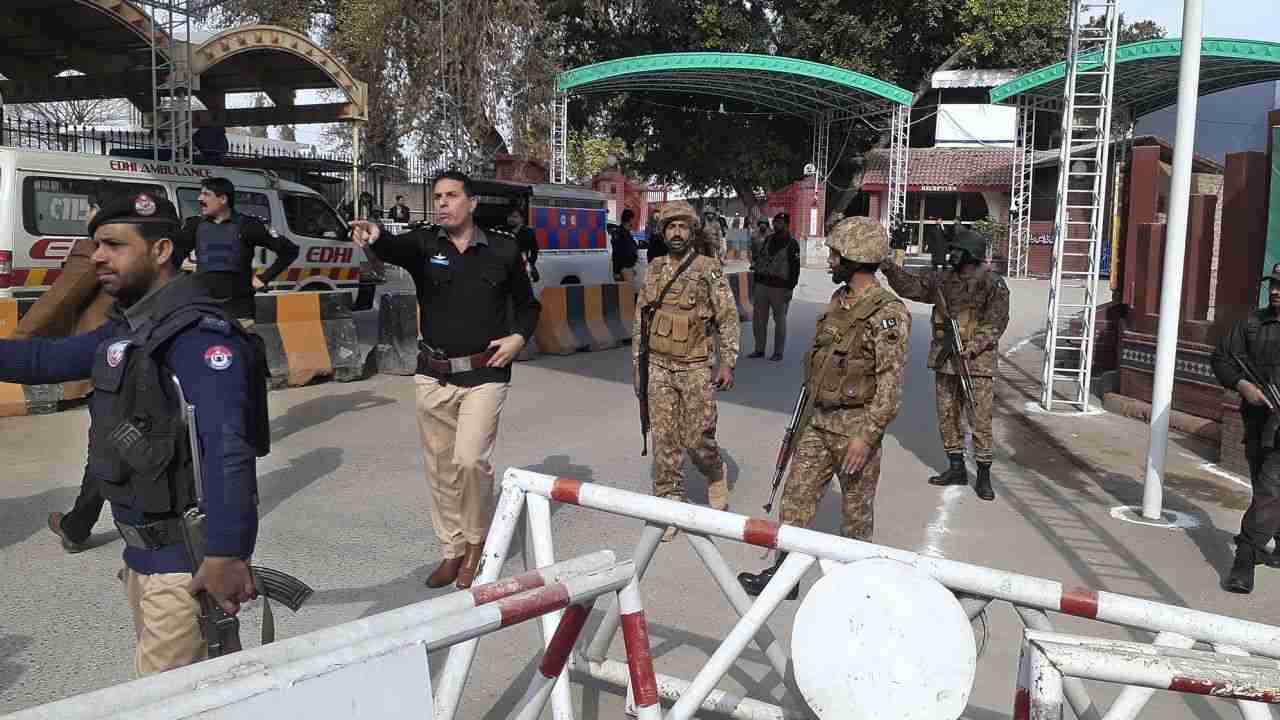How long can trapped people survive in the rubble of an earthquake? Up to a week or more, experts say, but it depends on their injuries, how they are trapped and weather conditions.
Most rescues occur in the first 24 hours after a disaster. After that, survival chances drop as each day passes, experts say. Many victims are badly injured or buried by falling stones or other debris.
Access to water and air to breathe are crucial factors, along with weather. Wintry conditions in Syria and Turkey have hampered rescue efforts and temperatures have dipped well below freezing.
“Typically, it is rare to find survivors after the fifth to seventh days, and most search and rescue teams will consider stopping by then,” said Dr. Jarone Lee, an emergency and disaster medicine expert at Massachusetts General Hospital. ”But, there are many stories of people surviving well past the seven-day mark. Unfortunately, these are usually rare and extraordinary cases.”
People with traumatic injuries, including crush injuries and limb amputations, face the most critical survival window, said Dr. George Chiampas, an emergency medicine specialist at Northwestern University’s Feinberg medical school.
“If you don’t pull them out in one hour, in that golden hour, there’s really a very low chance of survival,’’ he said.
Those with other illnesses, whose health depends on medications, also face grim chances, Chiampas said.
Age, physical and mental condition are all critical.
Daily newsletter
Receive essential international news every morning
After the 2011 Japan earthquake and tsunami, a teenager and his 80-year-old grandmother were found alive after nine days trapped in their flattened home. The year before, a 16-year-old Haitian girl was rescued from earthquake rubble in Port-Au-Prince after 15 days.
Mental state can also affect survival. People trapped next to bodies, who have no contact with other survivors or rescuers, may give up hope, Chiampas noted.
“If you have someone who is alive, you’re leaning on each other to keep fighting,’’ he said.



